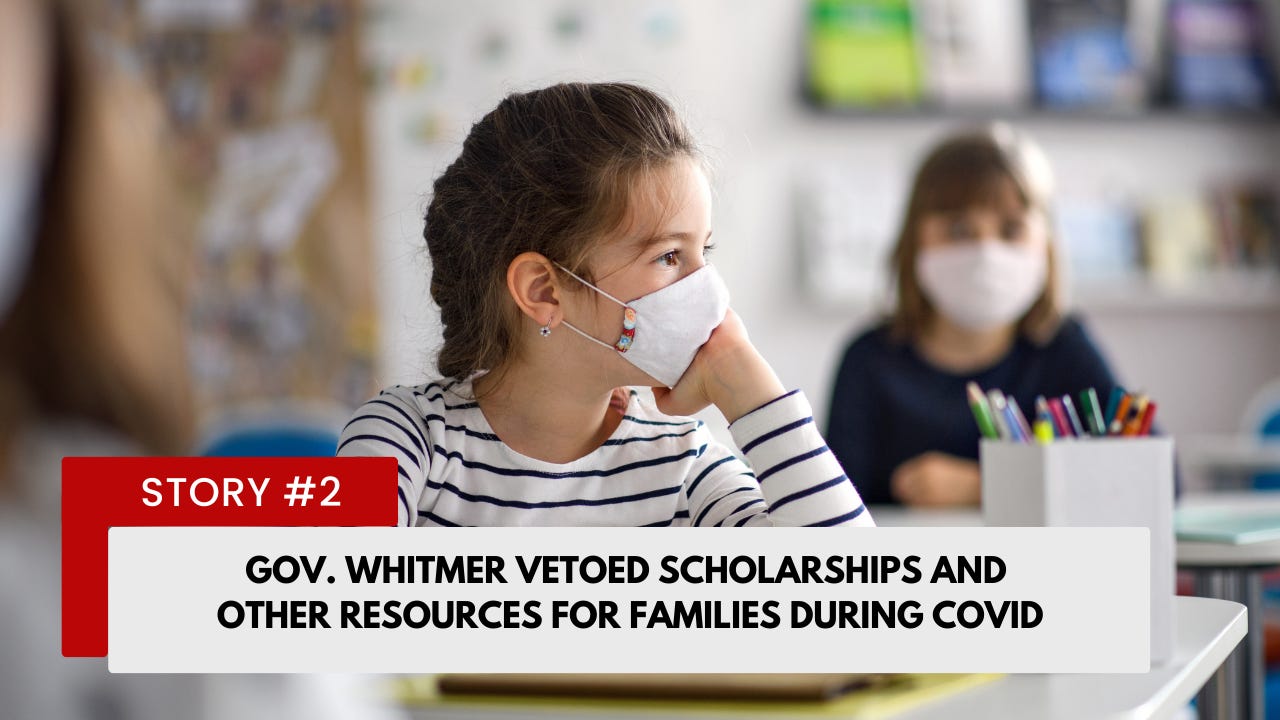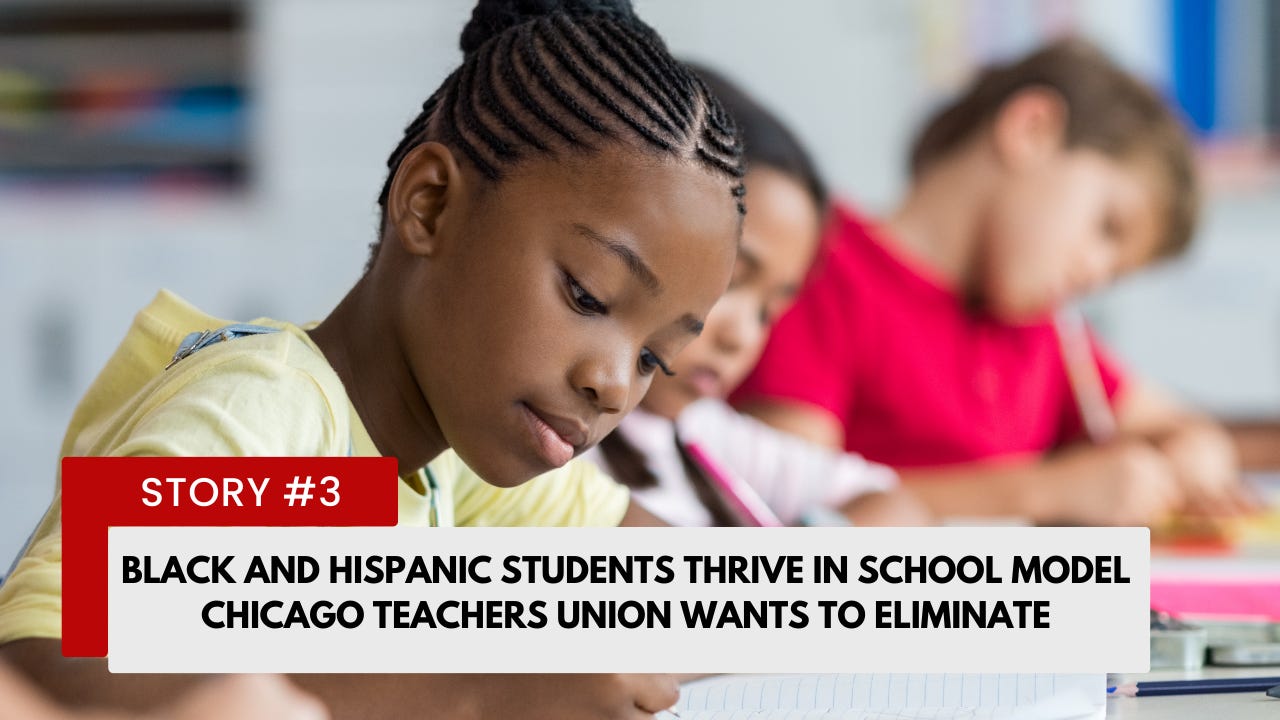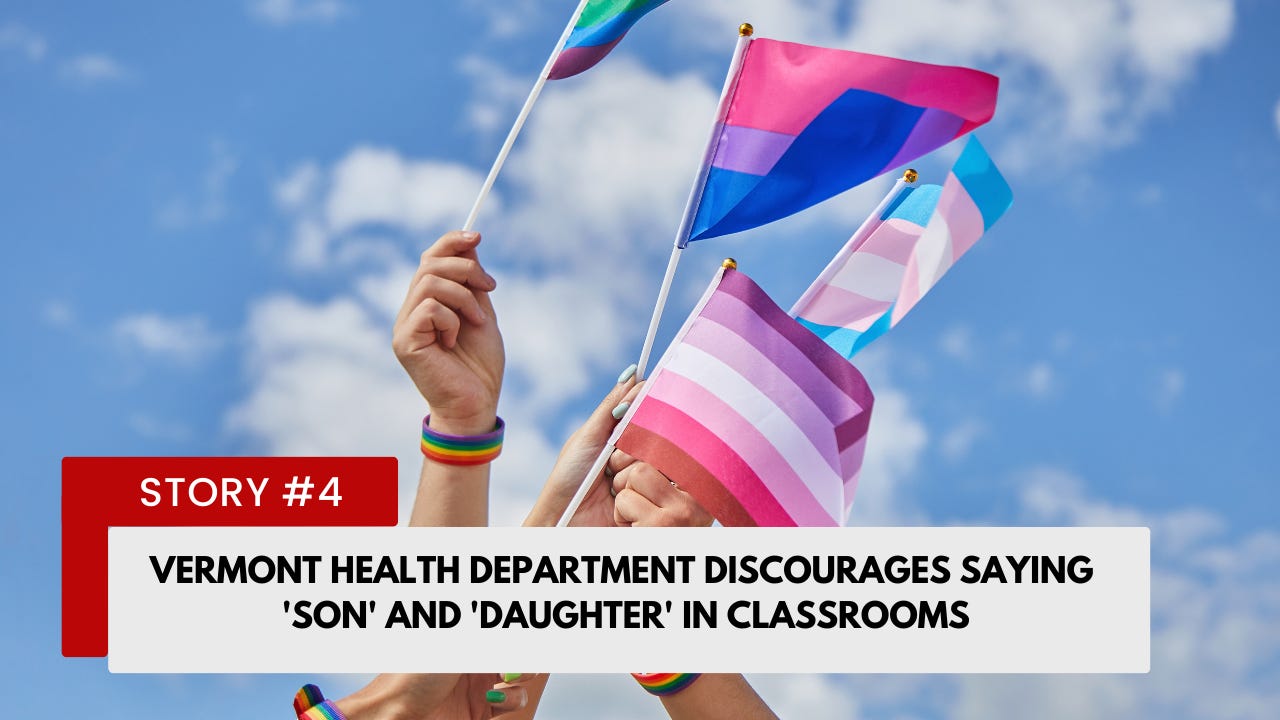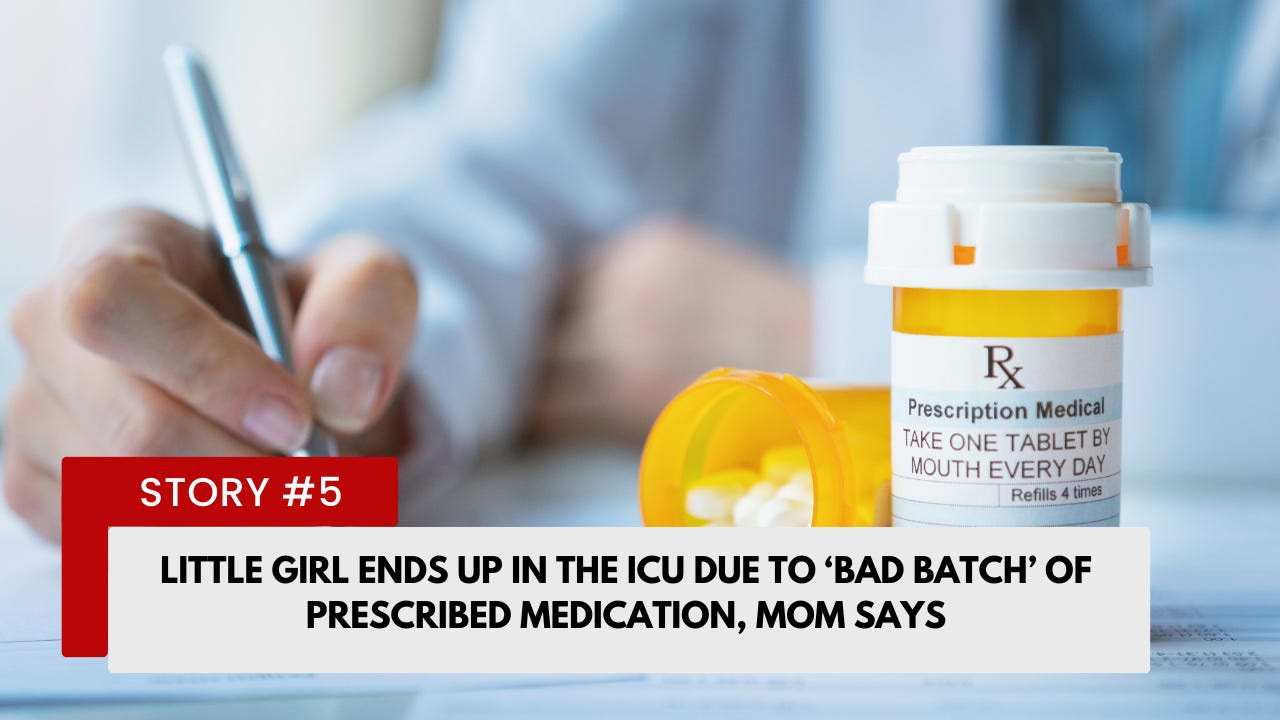I left mainstream media to tell the stories that matter. For just $5 a month, you can help me keep independent journalism alive. Your support means truth and integrity over power. Join me in making a difference.


LANSING, Mich - After signing into law a state budget that cut student mental health funding by $300 million, Gov. Gretchen Whitmer claimed to support a historic level of state spending on mental health resources for students.
“We’re continuing our historic investments in mental health resources in schools to help Michigan’s students thrive,” Whitmer tweeted Aug. 22.
The governor agreed to a 92% cut in state funds intended for student mental health in the 2025 fiscal year budget. On Aug. 13, Michigan Capitol Confidential reported that Whitmer reduced mental health funding by $300 million while doling out $1 billion in pork projects to handpicked organizations.
Whitmer shut down classrooms for almost a year during the pandemic. The governor mandated school closures in March 2020 and did not call for a return to the classroom until January 2021. Some schools continued sporadic closures based on COVID-19 numbers. Click here to read more.

MIDLAND, Mich. — The damage caused by pandemic school closures can be seen in the results of the 2024 Michigan Student Test of Educational Progress, released today by the Michigan Department of Education.
Third and fourth graders' proficiency in English and math in 2023-24 was sharply lower than the level recorded in the 2018-19 school year. Students taking the M-STEP for the first time as third-graders began kindergarten in the 2020-21 school year. This year's proficiency rates were also lower compared to the rates in the same grades last year.
Michigan had some of the longest school closures in the country. In March 2021, only 23% of Michigan schools were fully in person. This was significantly lower than in the neighboring states of Ohio (47%), Wisconsin (54%) and Indiana (76%). Throughout 2021, students were continually denied additional resources that would have given them access to tutoring and other academic support. Gov. Whitmer vetoed three pieces of legislation that would have helped families cover the cost of tutoring, enrichment programs and literacy coaches. Click here to read more.
Click here to order your Rapid Radios. Use promo code “BONDY10” to get 10% off.

CHICAGO, IL - Black and Hispanic students are around six times more likely to be proficient in reading at selective enrollment high schools compared to traditional public schools in Chicago. But the Chicago Teachers Union wants to eliminate these schools that are a lifeline to the city’s minority students.
Selective enrollment high schools are the most effective schools within Chicago Public Schools. Yet they are under attack by the Chicago Teachers Union.
CTU has dishonestly decried a “deep inequity” of selective enrollment schools, some argue minority students are “sorely underrepresented” at CPS’ 11 selective enrollment high schools.
But that’s not the case. A review of CPS’s selective enrollment process demonstrates it ensures a demographically representative enrollment.
What’s more, Black and Hispanic students are around six times more likely to be proficient in reading at selective enrollment high schools compared to traditional public schools in Chicago.
Chicago’s selective enrollment high schools are beacons of academic opportunity for Black and Hispanic students. Yet CTU is fighting against what is working – and against the best interests of the city’s minority students. Click here to read more.

BURLINGTON, Vermont - Vermont’s Department of Health on Wednesday urged teachers and coaches to adopt more "inclusive language" in school by avoiding terms like "son" and "daughter." "Use ‘child’ or ‘kid’ instead of ‘daughter’ or ‘son.’ This is gender-neutral and can describe a child who may not be someone’s legal son or daughter," the health department instructed in a Facebook post, noting that "equity in the classroom is an essential piece of a productive and healthy learning environment."
School staff, the post continued, should also say "family members" rather than "household members" as family members may not necessarily all live in the same home, and "family" rather than "extended family" as relatives other than parents could be "important parts of a core family unit."
"This post was intended to encourage using inclusive language when you don't know someone's family situation. This is especially important in settings like classrooms, afterschool programs, and sports teams," the department added in a comment underneath the post. Click here to read more.

LOUISVILLE, Ky. - A Kentucky mother is facing a terrifying situation after her daughter had an adverse reaction to her prescribed medication and ended up in the intensive care unit. Two other children also had adverse reactions to the medication, sparking a public health warning from county officials.
Tabitha Drew says she picked up her daughter’s prescribed medication, a Clonidine oral suspension, on Friday from Med Save, her pharmacy in Eminence, Kentucky. The next day, the pharmacy called Drew and asked how her daughter, Rayven, was responding to the medication, WAVE reports.
Drew said she hadn’t yet given her daughter the medication. The pharmacy then said they had a bad batch of the medicine and if Rayven had a reaction, to let them know. Click here to read more.



















